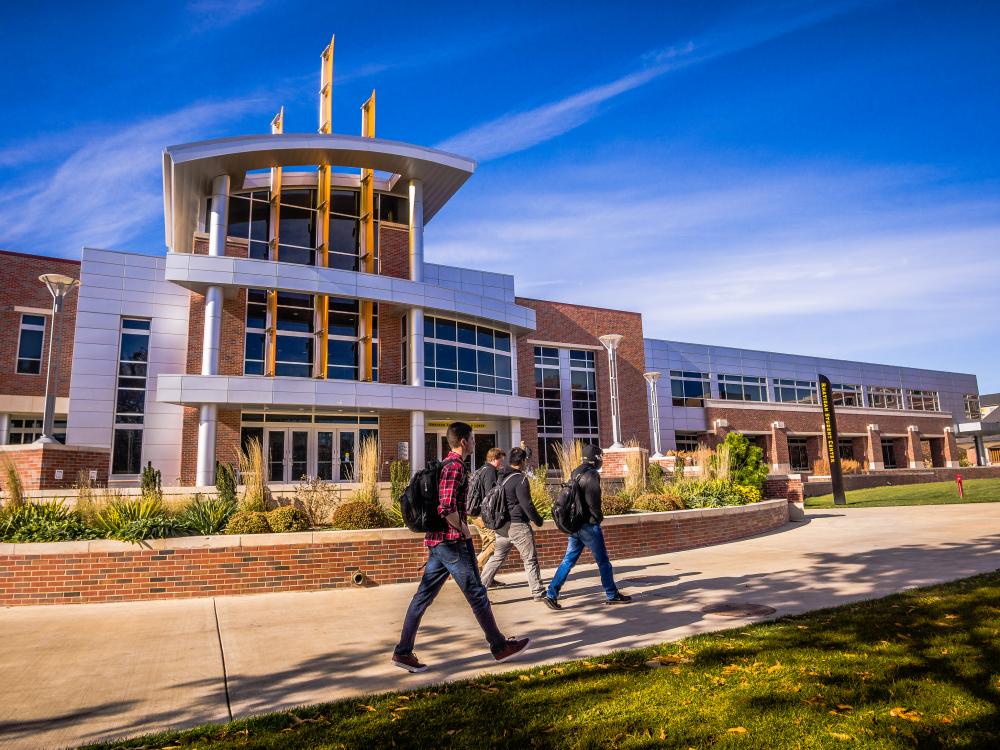Abstract:
Addressing todayтАЩs complex, global research challenges, such as the threats posed by climate change and other environmental hazards associated with breaching our planetary health boundaries, has never been as urgent. Much of the data and information to tackle such problems is at our fingertips, the question is how to acquire, assemble and analyse diverse and complex information as expeditiously as possible to arrive at new understanding and recommendations for action or policies. Such cross-domain synthesis involves achieving four key components: (i) successful collaboration between experts and stakeholders across disciplinary, skillset, organisational and national boundaries, (ii) the availability of relevant, trusted, good quality data and code fit for use, (iii) access to the best infrastructure and tools available, wherever they may be, and (iv) openly available results for critical review and future use.
Dr. Specht shall present, with real examples from around the world, important key elements that can support effective collaboration, both at an individual and a team level. She will discuss how the researcher might identify good quality data and code for use, give examples of the use of infrastructures of various sorts that may assist the team achieve their goal, how a project can be best presented within the academic community to ensure commentary and uptake, and how the participant can most benefit from engaging in the open access world.
Biography of Speaker:
Dr. Alison Specht is an environmental scientist with broad expertise in research, teaching, and community engagement. In the past 10 years she has focussed on facilitating interdisciplinary groups to tackle complex environmental problems using existing data. Her major interests, apart from her domain activities, are to enhance collaboration between scientists, policymakers and managers to improve environmental outcomes, and improve data management and preservation, data sharing and re-use.
In 2009, Dr. Specht established the first synthesis centre in the southern hemisphere, the Australian Centre for Ecological Analysis and Synthesis, a facility of the Terrestrial Ecosystem Research Network (). From 2015 to 2019 she was Director of CESAB, the Centre for the Synthesis and Analysis of Biodiversity in France (). In 2011, she initiated the formation of the International Synthesis Consortium (). Dr. Specht has been a member of the DataONE () Usability and Assessment Working Group in the USA since its inception in 2010. She is a member of several RDA interest groups. She is a co-lead of PARSEC, a five-country, Belmont-funded project entitled тАШBuilding New Tools for Data Sharing and Re-use through a Transnational Investigation of the Socioeconomic Impacts of Protected AreasтАЩ ().


